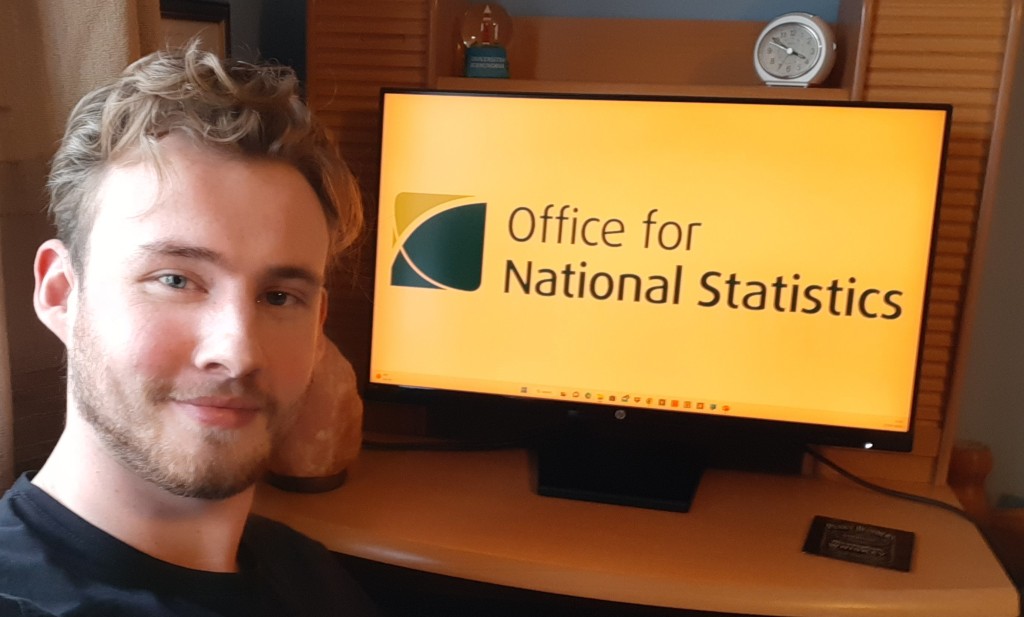Anon
In this final blog of our series, one of our former apprentices reflects on how they grew in confidence through the process and offers some advice for anyone considering studying for a senior leader apprenticeship.

In 2019, my manager informed me our organisation had partnered with INLOGOV at the University of Birmingham, meaning an opportunity to enrol on their Senior Leader Apprenticeship programme. It seemed almost too good to be true to think that this opportunity would be fully funded. Never one to shy away from a challenge I decided to apply. Brave. I was further surprised to be accepted onto the course and began my journey somewhat naively without quite appreciating what lay ahead.
It is fair to say that I had underestimated the time I would need to complete the learning, reading, assignments and portfolio preparation. It was a steep learning curve but I soon developed strategies to manage my time. I preferred to read in the evening. Many an evening was spent sitting in the car reading journal articles while my daughters were at various clubs. The time I was investing was becoming more and more worthwhile as I learned to apply new skills and ways of thinking to my work, as well as receive pleasing grades for my assignment. I started to think perhaps I could do this after all.
The onset of Covid-19 meant that additional challenges of remote learning and home-schooling my daughters had to be managed alongside other pressures, but I carried on, and with amazing support from my family, work colleagues (and some very understanding tutors) I managed to continue working through the assignments and the intense phase of my project.
I won’t pretend this was easy, but the more I became engrossed in my project the more determined I became that I would complete the course. Completion meant both personal pride and a final project which would be beneficial to my work and team. Compiling my portfolio gave me a great opportunity to reflect on some of my work achievements, and to identify areas where I needed to improve and demonstrate my skills. This culminated in a project showcase and professional discussion that allowed me to show how my learning had improved working practices.
If you are interested in a course like this my top five tips/reflections are:
- It sounds corny, but if you want to achieve something, and have the right support to do so, then you can achieve it.
- Commit to the process.
- It will probably be more work than you imagine, but the personal and professional rewards are worth it.
- Buddy up with someone else on the course so you can support one another – this was invaluable to me.
- Onenote and highlighters will become your best friends!





